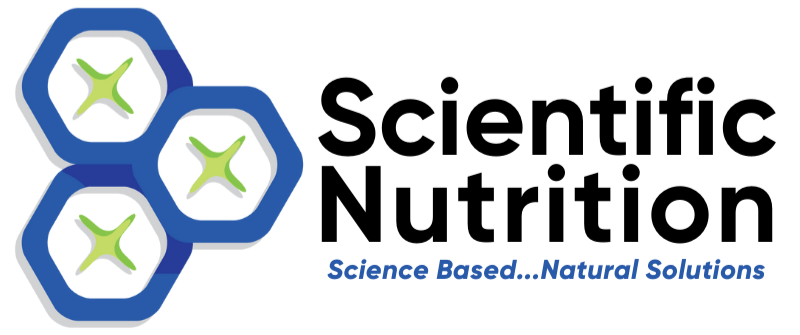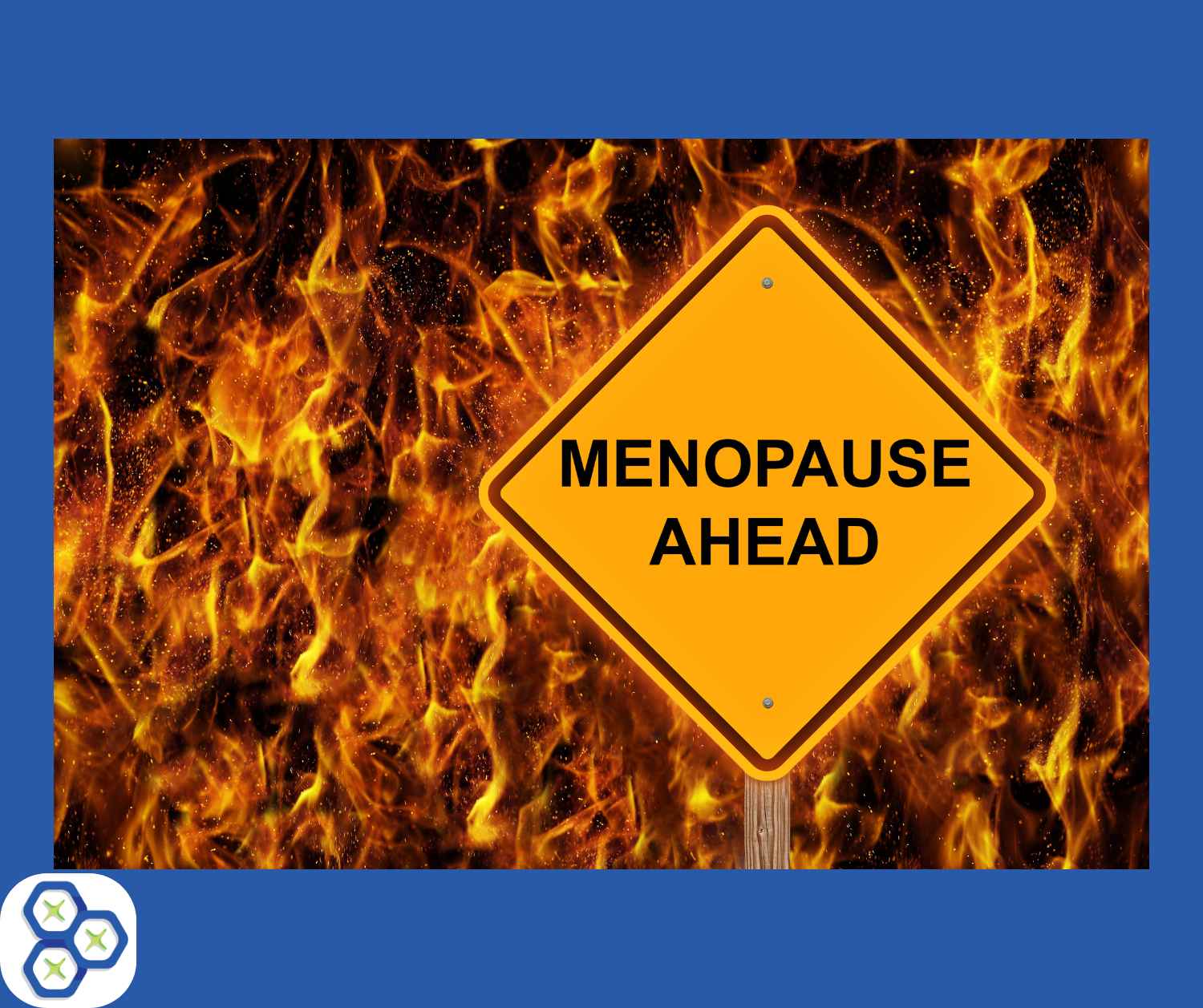Hormone balance, we all need it!
Did you know men go through imbalances of hormones too? It is a biochemical hormone shift as we go through the season of our life. The transition can be smooth or a rough and long road.
How does a change in hormone balance affect your body in menopause?
Hormones are little chemical messengers made in your endocrine glands (pituitary, thymus, thyroid, adrenal, ovaries, testes, hypothalamus, pineal, parathyroid, and pancreas). Think of these organs as your post offices sending out the mail to each type of business. If you aren’t getting enough mail or information your business can’t function or do its job effectively. You are cut off from the rest of the world.
Hormones play a role in every function of your body!
Men experience menopause at a much more gradual rate as their testosterone levels decline with age. It is technically called late-onset hypogonadism or simply age-related low testosterone[i]. From a biochemical aspect, men are higher in iron and zinc which are harder metals in comparison to women who are predominately high in copper, a softer metal. Copper is what can facilitate emotional instability, PMS, and even schizophrenia in excess.
What is perimenopause?
This transition is the time when women stop menstruation and begin moving from reproductive years into full menopause with no menses. It can last anywhere from 2 to 7 years. Getting on top of hormone balance at this point can make the transition much smoother.
What physical changes can you experience during menopause?
There are so many! Let’s explore a few common ones.
Hair loss is a menopause symptom!
There are changes to your hair that can occur when the ovaries slow the production of progesterone and estrogen. Hair growth is triggered by estrogen when the level drops you will experience more shedding and less growth.
Estrogen that is taken orally can drive copper levels up. If the copper is not utilized for normal functions it will oxidize and be stored in tissue or organs. Even medical studies have shown a correlation in blood work.[ii]
When I have a client with copper and mercury toxicity or adrenal fatigue I will see hair loss as a symptom. Since copper is required for creating keratin and collagen a toxic amount of oxidized copper or lack of a usable form can cause thin hair, wrinkly skin, and weak nails.
Over time the connective tissues such as ligaments grow lax leading to tendonitis and vein issues such as varicose veins, spider veins, hemorrhoids, and easy bruising. The more serious effects are arthritis, osteoporosis, and degenerative bone diseases. Until nutritional balancing is achieved the body won’t be able to remove the excess or heal.
What to do for menopause hormones affecting hair?
Externally you can try to wash your hair less often as you are probably producing fewer body oils as well and if you use a hair dryer, use a cool setting to reduce breakage.
Rinsing your hair with white vinegar or pure lemon juice then washing and conditioning will help to remove built-up heavy metals and hair products leaving it softer as well.
Natural products with Argon oil and moisturizing leave-in conditioners massaged into the ends and roots can help to keep hair from breaking off while you are addressing the root cause (pun intended).
Skin texture changes with menopause hormones
When you start to lose estrogen hormone balance you also lose collagen. This is the substance that helps your skin appear smooth and taut. When the elastin is overstretched just as a rubber band can get and there isn’t enough collagen to keep the underlying tissue “fluffy”, you will experience wrinkling where the skin essentially buckles.

Along with hydration you can supplement with quality collagen and drink bone broth regularly as it naturally contains marrow collagen to help replenish your lost amounts with the bonus of protein.
Low estrogen can not only cause dry skin but also moodiness, hot flashes, night sweats, irritability, insomnia, breast tenderness, water retention, weight gain, irregular or no periods, headaches, brittle bone density, and vaginal dryness. Having your estrogen hormone balance can make a huge difference in your life!
Your eyes and hormone balance
Birth control, pregnancy, and menopause can change your estrogen and progesterone levels causing dry eye and irritation. Women can become less nearsighted after menopause due to shifts.
Estrogen helps the cornea to have elasticity affecting the light that travels through your eye. If there is not enough one can experience blurry vision. Often age is blamed instead of the real cause. High or elevated levels can cause watery eyes and vision overall.
Testosterone levels that are low in men and women not only affect their libido and muscle mass. They can also affect the glands that create tears or the film that covers the surface of the eye to stay moist. One can experience blurry vision, dry eyes, and less visual clarity.
Your thyroid hormone balance
If someone has an antibody attacking the thyroid gland such as in the case of Grave’s disease, the muscles, and tissues around the eyes change their appearance to look bulging. Pressure, watering, blurry vision, redness, light sensitivity, puffiness, a scratchy feel, and sometimes pain can be felt. Our female sex hormone estradiol in post-menopause can cause Intraocular pressure (IOP) resulting in glaucoma.
High levels of the thyroid hormone T4 can increase the risk of Macular Degeneration, the cones in the eye being dysregulated, and color identification issues linked to the cells in the eyes. Who would have thought hormone balance could affect your eyesight right?!
Weight gain and your hormone balance
Estrogen levels (mainly in the form of estradiol) that are being produced in the ovaries drop during menopause. Estradiol switches over to estrone which is made mostly in body fat. If your gut is not in great shape it won’t tell your pituitary gland to increase estrogen production and thyroid hormones that increase your metabolism.
Thyroxine or T4 production may be significantly low due to menopause. This can result in hypothyroidism with many symptoms such as leg swelling, hair loss, weight gain, loss of concentration, blurred vision, loss of appetite, a decrease in sweating, and even the possibility of hearing loss.
Low progesterone can interfere with your detoxification processes resulting in weight gain. You may slowly accumulate more toxins as the systemic process can’t keep up. Depression, anxiety, headaches, and mood swings are very common with this deficient hormone.
What can you do to help to eliminate menopause weight gain?
- Eating a diet rich in cooked or steamed vegetables, daily animal meat, limited complex carbohydrates, and healthy fats. This is dictated according to your oxidation rate on the Hair Mineral Analysis Test.
Your diet can help to balance your minerals so your body can detoxify heavy metals. These metals may also be showing up as weight on the scale in addition to causing many symptoms.
. - Eliminate or only partake in sugary treats and alcohol on special occasions in moderation.
. - Detoxify heavy metals, hormone-disrupting chemicals, commercial or processed food choices, and stress as much as possible.
. - Build muscle mass with resistance training twice weekly to increase metabolism and bone strength as well as burn calories along with 30-40 minutes of cardio 3-5 times a week.
. - Change habits with a buddy or an accountability partner by sharing your goals with them for support.
. - Stay hydrated! Keep your body flowing and flexible with enough clean Spring Water.
Hair Analysis and Hormone Balance
You don’t want to lose weight to find it later, you want to shed and remove the excess. Changing your lifestyle and habits that will give you a better quality of health is essential for longevity. The best place to start is with a Hair Mineral Analysis so you know where you are at and where you need to be.
If you are ready for change, LET’s CHAT about your health goals!
Learn more about the signs of hormonal imbalance or how you need more collagen!
References:
[i] https://www.mayoclinic.org/healthy-lifestyle/mens-health/in-depth/male-menopause/art-20048056
[ii] https://pubmed.ncbi.nlm.nih.gov/18338309
Copyright Scientific Nutrition, LLC 2022




